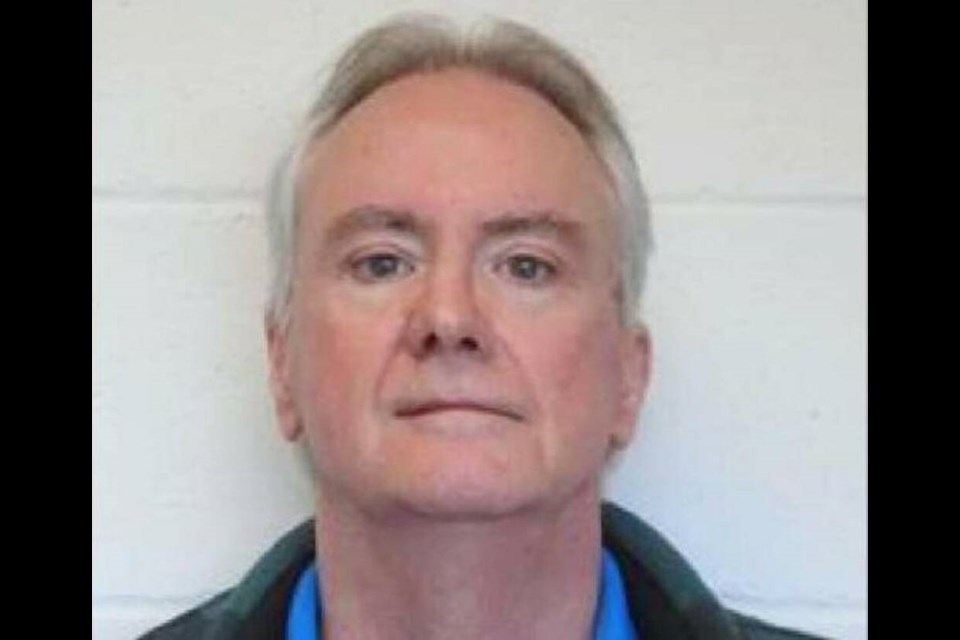The Vancouver Police Department is warning the public that a man who murdered a University of Victoria student 37 years ago will be living in the city and poses a danger to women.
Scott Ian MacKay, 61, was convicted of the murder of Marguerite Telesford, who was 20 when she went out for an early-morning run on Jan. 18, 1987 and never returned. Her body has never been found.
Vancouver police called MacKay “high-risk sex offender” and said he will be residing in Vancouver on day parole as part of his life sentence. Police warn he “poses a significant risk to women in the community, including sex workers.”
He is described as 5’10” with a slim build, short grey hair and hazel-coloured eyes.
A recent parole board decision said MacKay had been accepted at a community residential facility for his day parole, which was granted for six months under several special conditions, including:
• He cannot consume, purchase, or possess alcohol
• He cannot consume, purchase or possess drugs, other than prescribed medication
• He must report all contacts with females to his parole supervisor
• He cannot purchase, acquire, possess, or access pornography or sexually explicit material in any form or type of media
• He will have a 10 p.m. curfew
• He cannot own or operate a vehicle except in emergency situations that is approved by his parole supervisor
• He cannot be in the presence of sex workers.
Police said anyone who sees MacKay break any of these conditions should call 911.
Prior to his conviction in Telesford’s death, MacKay had a history of violence towards women.
He had applied and was denied for parole five times before day parole was granted earlier this year.
Before day parole was granted, MacKay had been serving his sentence at a minimum-security prison in the Fraser Valley since 2018.
The parole board decision noted MacKay’s criminal history since 1984, including convictions for impaired driving, assault, sexual assault and unlawful confinement.
His sexual assault conviction in 1986 involved the choking and sexual assault of a sex-trade worker, and his unlawful confinement conviction arose out of another incident the same year in which MacKay picked up a sex-trade worker, then drove around dangerously, refusing to let her leave the vehicle, according to the parole board’s document.
The victim was able to escape by jumping out of the vehicle, then had to dodge out of the way as MacKay accelerated toward her.
MacKay was convicted of both offences in 1987 and was out on bail at the time of Telesford’s murder.
The parole board said MacKay remains a person of interest in an unsolved homicide of a woman that same year.
The parole board said MacKay has a history of sexual preoccupation, has used sex and sexual violence as a means of coping, has a “long history” of abusing illicit drugs and alcohol and has a tendency to become impulsive and violent when intoxicated.
Last October, a mental-health clinician conducted a psychological risk assessment, reviewed by a psychologist, that found MacKay presented an “average risk” for sexual and violent re-offending.
Based on that clinical judgement, the assessors indicated MacKay presented “a moderate risk and would likely be manageable in the community using standard risk management strategies and close supervision.”



